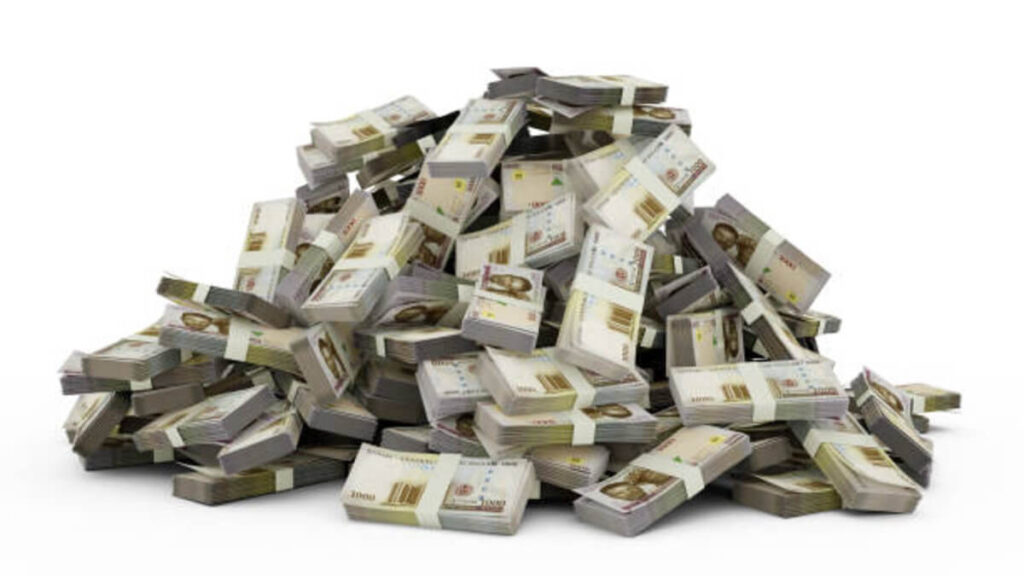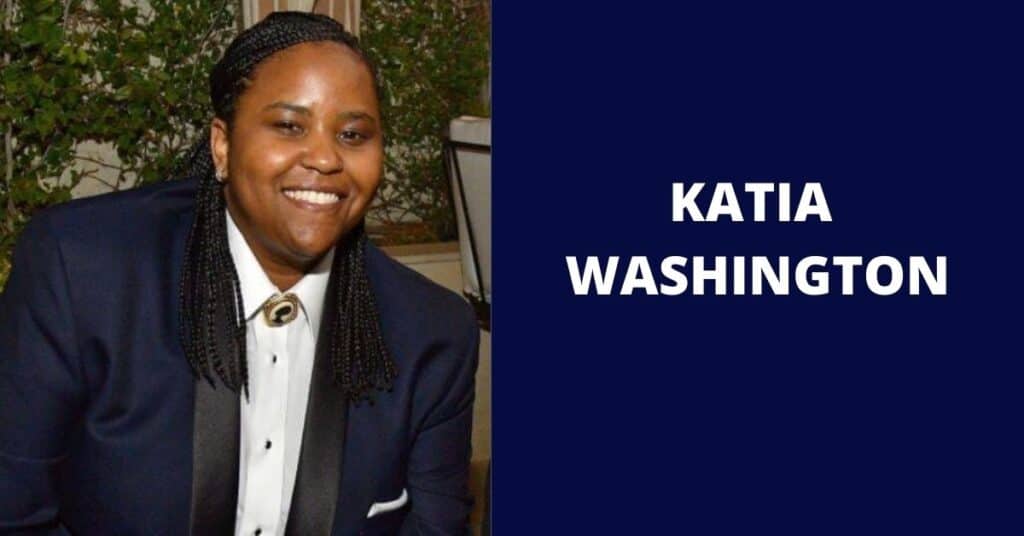Government issues treasury bills to interested investors where they earn a return on investment by buying at discounted prices. The government uses this as a means to fund its expenditure and gather funds for borrowing.
In the article, you will learn the following:
- What Nigeria Treasury Bills are
- How to buy them
- The rates and what affects them
- The pros and cons of investing in the Nigeria Treasury Bills.
Also, check out All You Need to Know about Exchange Rates.
What are Nigeria’s Treasury bills?
Nigeria Treasury bills (NTBs) are short-term debt securities issued by the Central Bank of Nigeria (CBN) on behalf of the Federal Government of Nigeria. It is a financial strategy that the Government used to finance its expenditures and borrow money for running governmental projects.
They are considered to be low-risk investments and a reliable way to earn passively. One can rest because the regulations and dealings are closely monitored by the NigeriNigeriannment.
Usually, treasury bills have a maturity period of 91, 182, or 364 days as the case may be, and are sold at a discount to their face value.
Anyone who buys the bills can determine his or her return on investment (gains) by obtaining a difference between the face value and the price (discounted price) paid at auction. The bills are sold at auction regularly, with the CBN setting the terms of the auction, such as the amount to be sold and the interest rate.
How to buy the Nigeria Treasury Bills
Buying Nigeria Treasury Bills (also known as T-bills) has certain procedures and several channels through which you can secure the bills.
Let’s explore the channels where you can get buy Nigeria Treasury
Through Commercial Bank
There are a lot of commercial banks in Nigeria that invest in Treasury bills and allow their customers the opportunity to work with them to secure the bills.
Buying treasury bills directly from the Central Bank of Nigeria (CBN) is expensive and may be somewhat stressful. The least amount you can pay to secure treasury bills from CBN is N50,000,000.
Therefore, the commercial bank serves as an intermediary where they set a minimum price and gather funds from interested customers to buy the bills. The banks invest in the bills on behalf of the customers and they share the returns with each customer according to their contributions.
All the customers have to do is open a Treasury bill account with their bank, go through the process and submit bids for the bills they want to purchase.
Through a primary dealer
Another way to buy treasury bills is through Primary dealers. They are financial institutions that have been appointed by the Central Bank of Nigeria (CBN) to participate in the primary market for Treasury bills. They act as intermediaries and can assist individuals and institutions in buying and selling Treasury bills.
Through a securities dealer
You can also secure the service of securities dealers (stockbrokers) in buying and selling Treasury bills on the secondary market.
Through the CBN’s e-market platform
It is possible to buy directly from CBN by making use of the CBN’s e-market platforms, an online platform where individuals and institutions can buy and sell Treasury bills.
Also, check out The Richest Banks in Nigeria.
What you need to buy Treasury Bills
It’s worth noting that for an individual to participate in the auction process of the T-bills, they need to have a Tax Identification Number (TIN) and be registered with the Nigerian Stock Exchange (NSE) as a retail investor before the auction date.
How is the Treasury Bills Rate Determined
The rate of Nigerian Treasury bills is determined through an auction process similar to that of the United States Treasury bills. The Central Bank of Nigeria (CBN) conducts auctions for T-bills on behalf of the Nigerian government, and the rate of the T-bill is determined by the highest yield offered by bidders.
The yield is the return on the investment, expressed as a percentage of the face value of the T-bill. The Central Bank of Nigeria also uses Open Market Operations (OMO) to set the interest rate, by purchasing or selling government securities in the open market.
Factors that affect the rate of Nigeria Treasury Bills
The rate of Nigeria Treasury Bills is affected by several factors, including:
Inflation
The Central Bank of Nigeria (CBN) may boost interest rates to combat rising inflation, which could result in higher Treasury Bill yields.
Monetary Policy
Treasury Bill yields may be impacted by changes in the CBN’s monetary policy, including adjustments to the reserve requirement ratio and monetary policy rate.
Economic expansion
Treasury Bill yields often decline when the economy is strong because investors are more ready to lend to the government at lower interest rates and are less concerned about the danger of default.
Political stability
The yield on Treasury Bills can be impacted by political stability and investor confidence in the government’s capacity to pay off its debts.
Exchange rate
The yield on Treasury Bills can be impacted by the value of the Nigerian Naira,
Foreign exchange rate
Changes in the value of the Nigerian Naira can have an impact on the yield on Treasury Bills by affecting the government’s capacity to pay down its debts in foreign currencies.
Liquidity
The market’s liquidity has an impact on T-Bill rates because less liquidity might result in higher yields.
Market sentiment
The yield on Treasury Bills is also influenced by the general state of the market. Investors may demand higher returns on government debt in a risk-averse market to make up for the increased risk.
Benefits of investing in Nigeria Treasury Bills
Every investment has its pros and cons. Investing in Nigeria’s Treasury has its own too. The following are the reasons why one should invest in the Nigeria Treasury bills.
Safety
There is an assurance of the safety of your investment because the Nigeria Government is in charge of issuing the bill.
Low risk
You can be sure to always get your principal and return investment when due. There is a low risk that there will be a default in the payment.
Liquidity
You can secure treasury bills and sell them on the secondary market owing to its flexibility and fluidity.
High returns
The returns on Nigeria Treasury bills are relatively high compared to other fixed-income investment options.
Diversification
Nigeria Treasury bills can be used to diversify a portfolio and reduce overall risk.
Flexibility
Nigeria Treasury bills come in a variety of maturities, allowing investors to choose the investment that best suits their needs.
Low minimum investment
You can buy Nigeria Treasury bills with a relatively small amount of money.
Access to long-term funds
Investing in Treasury bills can provide long-term funds for the government and support the development of the Nigerian economy.
There are several cons to investing in Nigeria Treasury bills:
- Political Risk: The financial market stands at risk of volatility and uncertainty owing to the Nigerian political atmosphere and corruption in the financial sector.
- Currency Risk: Depreciation in Naira is a major setback and frequent negative fluctuations can cause a very low return on investment.
- Inflation Risk: High inflation occurrence limits the purchasing power and the return on investment.
- Interest Rate Risk: Treasury bills are short-term investments, which means that the return on investment is subject to changes in interest rates.
- Limited Liquidity: The secondary market for Nigeria Treasury bills is not as developed as in other countries, which can make it difficult to sell the investment quickly and at a fair price.
- Default Risk: Nigeria has a weak credit rating, which implies a higher risk of default on its debt obligations.
Before you make any investment, seek professional advice and do your findings to make sure it is safe and prudent to invest your money at the time.
Final Notes on Nigeria Treasury Bills
One low-risk investment that offers more return on investment guarantees is the Nigerian Treasury Bills. Both investors and the Nigerian economy profit from the bill. The bills can be obtained through a variety of ways, and the CBN controls the interest rates. The essay investigated a few elements that have an impact on rates.
When one comprehends and investigates the market, purchasing Nigerian Treasury bills is advantageous. As a result, it is prudent to obtain financial guidance and monitor pertinent facts before investing.
Before you go, check out How to Get Grants for Small Businesses in Nigeria.







